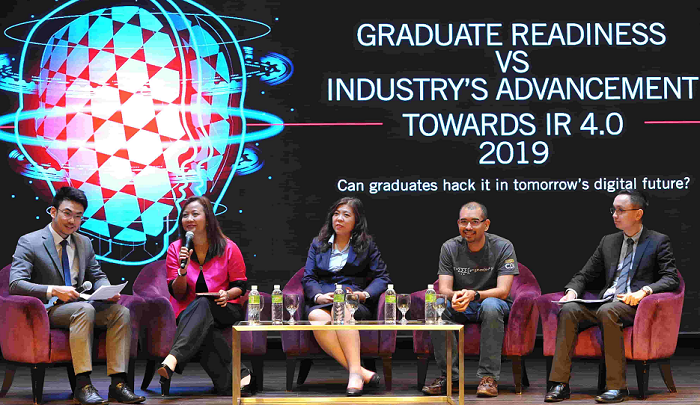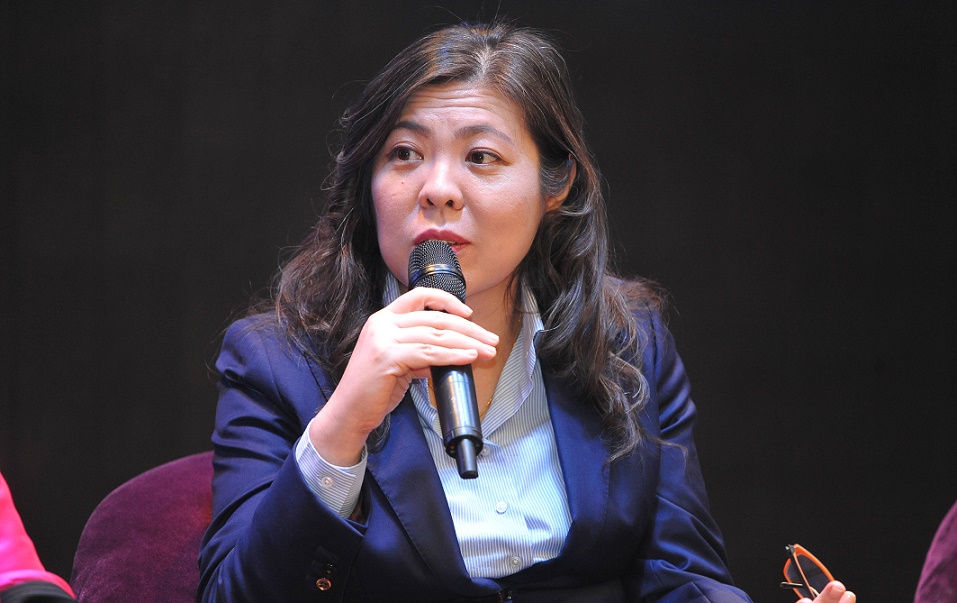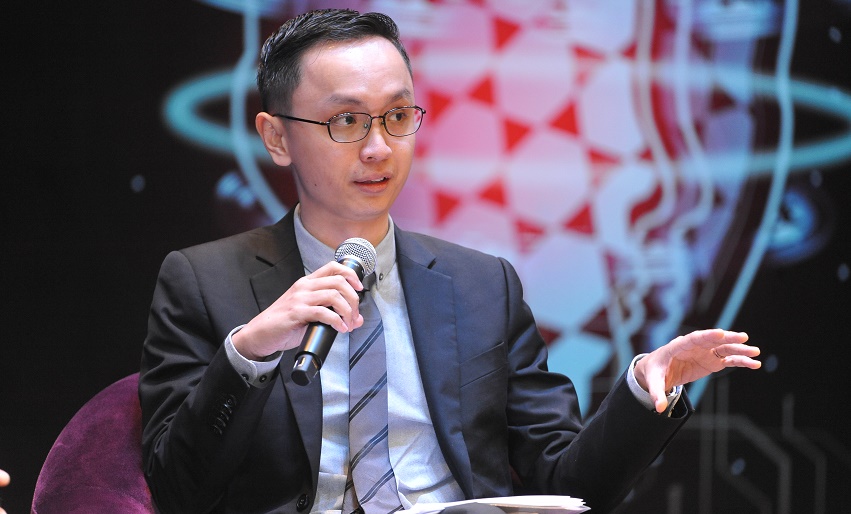Seven years on, graduates still face the same challenges
By Edwin Yapp September 17, 2019
- Critical thinking, problem solving, effective communication still crucial
- More must be done to address this; universities can only do so much, it’s in your hands


As I searched the archives, and read a number of our stories, one thing struck me: some of the same serious issues we wrote about still exist today, despite new developments in technology trends, an increase in the availability of ICT jobs, AND the growth in size and contribution of ICT to the Malaysian economy, the industry as a whole and Malaysia in general.
READ ALSO: IT grads and jobs: A serious dichotomy
Commonly known as problem solving and critical thinking, it seems these two skills are still lacking today in many students despite these students being called digital natives, having been brought up with the Internet in the palm of their hands.
These stated challenges are further exacerbated by not having other ‘soft skills’, which include writing, speaking and communicating.
Why is the inability to think critically, solve problems and communicate well still not prevalent? Is this the fault of the industry? Or does this blame lie squarely with the universities and academia in Malaysia? Or does it lie with the government’s shaping of the school syllabus? Or does the fault lie perhaps with parents?
Admittedly, these questions aren’t new and they are complex issues and can’t be tackled that easily. But while I’m disheartened to note that seven years on, these issues still exist, I believe there are some measures that can be taken by students, parents and universities today.
Given all this, it was refreshing that at a recent event, a panelist comprising an academic and several industry professionals came together to discuss a survey commissioned and sponsored by Inti University and undertaken by research firm IDC.
The panel sought to discuss these challenges openly and offered some suggestions as to what the industry and academia could do to address them. The full report can be found here.
READ ALSO: To cope in an IR4.0 world, grads must take charge of own learning
Culled from a survey designed specifically to gain the views of over 560 respondents from Inti University comprising students, graduates and parents, the study was entitled the “Future of Work: Graduate Readiness vs Industry’s Advancement Towards Industry Revolution (IR) 4.0.” The poll also took into consideration some views from over 90 employers from a separate IDC Future of Work survey.
Inti University acting chief executive officer Tan Lin Nah (pic, above) said its survey was specifically designed to elicit responses from three groups: students, graduates and parents. This differs from those usually undertaken by the industry, which normally focuses on employers, a move I thought was worthwhile.
Panelists weigh in
One of the more enlightening moments from the panel discussion came from Amran Hassan, head of innovation at Maybank Bhd, who noted that as employers, it’s impossible to expect universities to produce ready-made graduates with all the skills needed for the working world.
“But what I do expect universities to do is to produce specific and deep skills, be they technical or industry skills, because unless you have deep skills, you cannot disrupt,” he argued.
Amran also noted that one way to prepare students for the real working world is to send them out through internships or work-related placements.
“There is no lack of talent per se in our students, but they need to be surrounded by experienced talent and be polished by real-working scenarios, where they can learn to face the real questions themselves.”
Another poignant comment was made by Salika Suksuwan, executive director for human capital, PwC Malaysia, who said that what she looks for in graduates is a “growth mindset,” in order that they can embrace continuous learning.
“I don’t think Malaysian graduates are inferior or less competent,” she said to a question on whether foreign or local graduates are better. “I don’t spend so much time focusing on hard skills but I want our universities to think about how to equip students with digital skills and teach them to be adaptable.”
Salika noted that in the IR 4.0 age, a graduate need not be trained specifically in ICT to understand the subject. Rather, what is more important is that every degree needs to have elements of technology embedded into its syllabus, she pointed out.
“If one is studying human resources (HR), it should include elements of data analytics, HR systems, automation processes in the workplace, as well as using online presence to build brands,” she argued. “It’s use of technology [that is important] as it's not necessary to study it as a degree."
I think these comments made by the two panelists were spot on. When DNA first investigated this topic, Woon Tai Hai, the then chairman of the National ICT Association (Pikom) had made the same remarks, noting that universities can’t provide all the answers.
Universities can and should broaden their courses to include critical thinking and problem-solving skills. They should have closer industry ties and work-related placements.
This where Inti University claims to have modified its curriculum, which includes initiatives to provide students with the experience including real world employer projects, industry advisory boards, workshops and internships.
This is indeed a positive step, one that should be emulated by other universities, if they haven't already done so.
Be proactive
But what else can be done, especially by parents and students?
For starters, parents should encourage their kids to explore by exposing them to what's not taught in classrooms. They should disrupt their own thinking and explore what else their children can do besides enrolling them in the four big traditional courses of medicine, law, engineering, accountancy – something that Maybank’s Amran was again spot on in saying.
“I think IR4.0 has broadened the options that students have today. The breadth of careers kids nowadays have are alien to us,” he shares. “I know people who have made a career out of gaming and have done well," he said, noting that not many parents would probably approve of such a move.
One curious point brought up by the IDC survey is that 63% of the students and graduates responding, respectively, were unable to articulate what IR 4.0 entails, and 54% of the parents surveyed likewise lacked a clear definition and ability to discuss IR 4.0.
“We asked that because it helps students determine what they wanted to do in their career, and in doing so, helps them to understand the skills and knowledge they need,” argued Jensen Ooi, research manager at IDC Asia Pacific, who led the study.
Does this matter?
PwC’s Salika said it shouldn’t matter whether students can articulate this, noting that as an employer, it really doesn’t matter as “her worry is to upskill her current employees and how to make sure her generation keep up with the young ones.”
I happen to think that this question isn’t important. From my own experience interviewing quite a few industry captains, not all can articulate this clearly to me too. Even many small- and medium-sized businesses (SMBs) can’t do that, as testified by and industry event I covered recently.
What’s more important is to realise that that parents shouldn’t assume that just because their children are touted to be digital natives, having grown up as Generation Zs, they are ready to face the working world. The survey had noted that digital natives are exposed to technologies such as the Internet of Things (47%), cloud computing (38%) and AI (34%).
Young people may be more familiar with the application of technology but this doesn’t mean that they can think critically, solve problems or communicate effectively.
I myself had written about my own experience when I first started out. I certainly didn't have the technologies Gen Zs have these days but what university taught me was not be reliant on others but on yourself. It taught me not to be spoon fed with answers to my problems. It taught me to be as resourceful as I could possibly be. And it also taught me not to be afraid of failing as it is only on failure that successes can be built upon.
Which brings me to my other point: While a fresh graduate may only know the basics of the field in which he/ she studied in, there is no excuse for poor communications skills, something former NetApp country manager Andy Khoo alluded to seven years ago.
He noted that a lot of graduates lack “language dexterity,” the ability to articulate and express themselves well when faced with unexpected situations that put them on the spot.
“For me the ability to express oneself in a tight spot is important as we wear different hats in different situations, and we will need to have different expressions for different scenarios.”
This is what I find graduates in general are still lacking today. Much of it is related to the way the school system is run but that’s another argument for another day as we can’t fix national policies overnight.
But this doesn’t preclude students from doing something about it today. If your language is poor, do something about it by reading more, exposing yourself to English, as it is the international language of trade and business. Sign up for courses that are designed to help you get a basic grasp of the language.
Expose yourself to different scenarios by getting to know people outside your comfort zone. Break out from your usual crowd and learn to appreciate other ways of thinking and doing things, including other cultures and languages.
Lastly, the attitude of life-long learning must be encouraged from a young age, a fact that wasn't lost on Wong Chan Wai (pic, above), head of research, Human Resources Development Fund (HRDF).
An economist by training, Wong noted that working in research meant that he needed to deal with data analytics and learn about other fields in order to expand his work skills.
"I was not up to par when it came to data analytics and as a professional, I found that I needed to upskill myself. We all need to have self initiative, identify what gaps there are in our skill set, and continuously improve ourselves."
This is certainly something I can identify with because as a tech journalist, one needs to continuously learn about new technological topics. When I started out, cloud computing, data analytics and IR 4.0 didn’t even exist!
Fast forward to today, and I not only need to keep up with such topics but be on top of them more than ever. This is something parents, students and graduates will need to do too, and continuously do.
Ultimately, it’s in your hands to make something of it or end up going the way of the dodo.
Related Stories :




